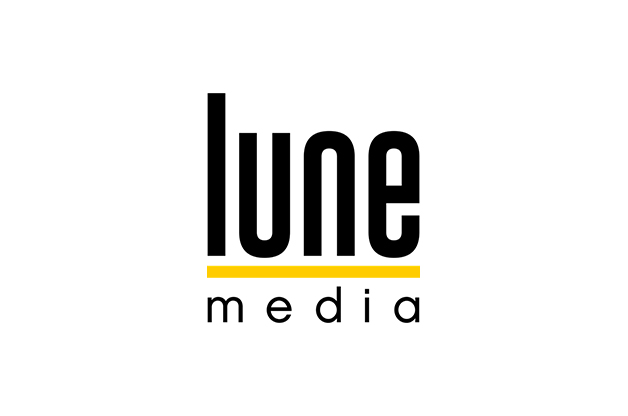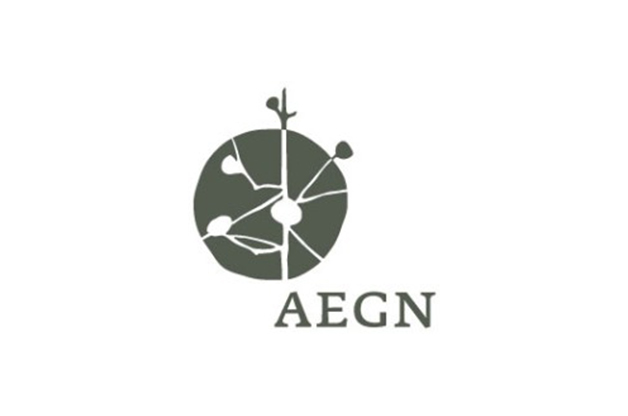With thanks to our partners
Cool Australia’s War On Waste lessons have been developed in partnership with Lune Media and with support from the Australian Environmental Grantmakers Network.
This series lets you bring the topic of waste management to a multitude of subjects, engaging students in the curriculum through topical content.
Planet advocate and prankster Craig Reucassel takes a deep dive into Australia's waste crisis to sort the facts from the PR spin, tracking down everyday solutions to help all of us do our part in the war on waste.
You can view the War on Waste series on ABC iview.
Cool Australia’s War On Waste lessons have been developed in partnership with Lune Media and with support from the Australian Environmental Grantmakers Network.


Cookies help us deliver the best experience on our website.
By using our website, you
agree to the use of cookies.
Many of our resources are free, but this requires an active Cool+ subscription. Upgrade to Cool+ now, or sign-up for a free account.
Enjoy your first month of Cool+ on us!
No commitment.Cancel anytime in your account setting at least one day before the 1st-free month ends. Plan automatically renews annually, starting 12 Jan 2024 until cancelled.
Many of our resources are free, with an option to upgrade to Cool+ for premium content.
By signing up to Cool.org you consent and agree to Cool's privacy policy to store, manage and process your personal information. To read more, please see our privacy policy here(Opens in new tab).
Already have an account? Log in
Welcome back!
Don't have an account yet?
Log in with:
By signing up to Cool.org you consent and agree to Cool's privacy policy to
store, manage and process your personal information. To read more, please see
our privacy policy here(Opens in new tab).
Create your free Cool.org account.
Many of our resources are free, with an option to upgrade to Cool+ for premium content.
Already have an account?
Sign up with:
By signing up to Cool.org you consent and agree to Cool's privacy policy to
store, manage and process your personal information. To read more, please see
our privacy policy here(Opens in new tab).